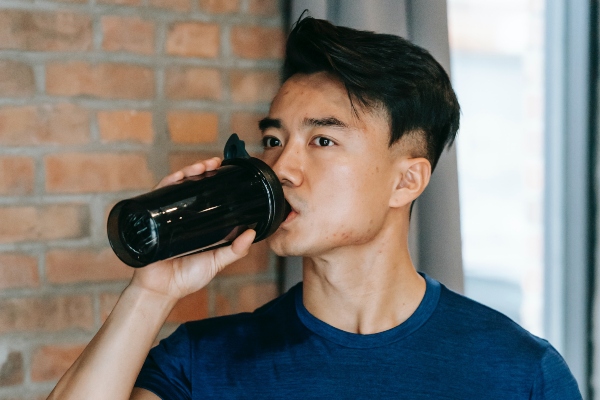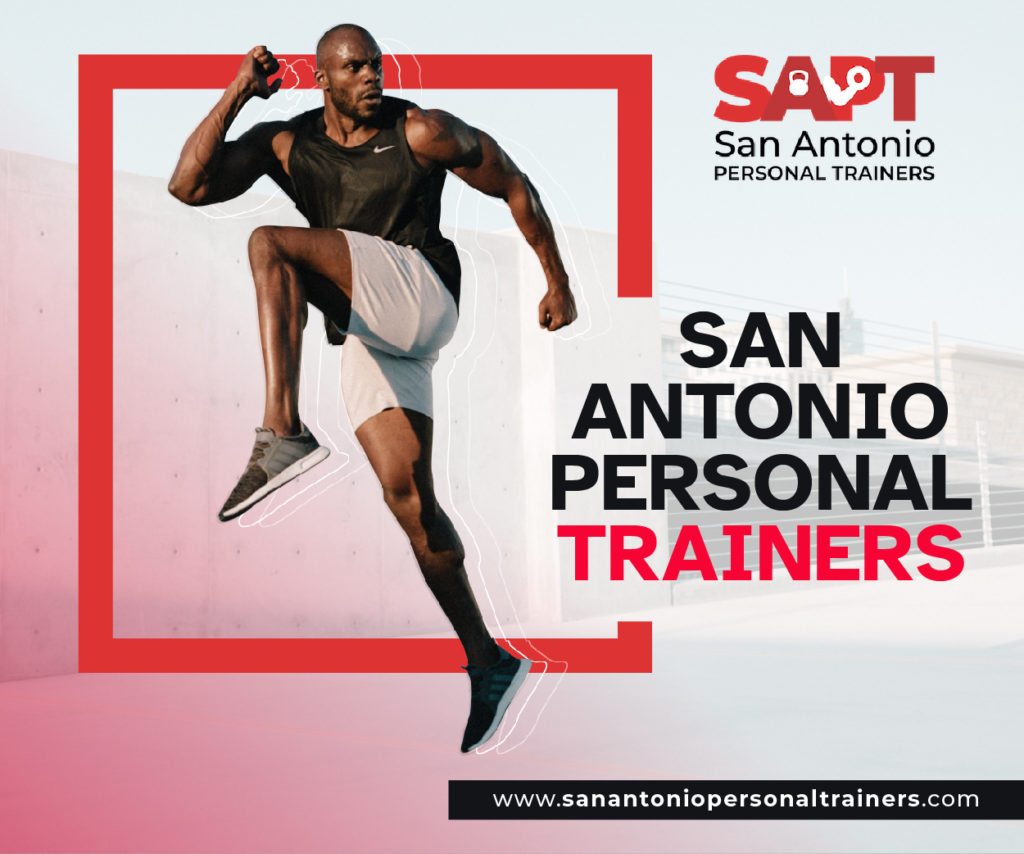Plan for a good nutrition before, during and after exercise
By Karrie S. Itz-Thompson, RD/LD
So the day has finally come, the day of the big race. You have awakened early for three months in a row to train for this event. You’ve purchas-ed the trendiest gear. You’ve traveled many miles to this event. And then you ask yourself as you stand, ready to take your spot at the starting line, “Should I have eaten that bagel, and should I have eaten it earlier in the morning? Maybe I should not have eaten anything and just had a glass of juice.” These are common questions that go through the minds of many athletes who train for competitions as well as those who exercise for the pure enjoyment of being active.
Internet sites, magazines and your favorite training partner may all have different ideas about what are the best foods to eat before, during and after exercise. Many research studies and experts also have slightly varying options on what defines superior sports nutrition. I encourage you to assign yourself the task of researching the information and finding out what works for you based on these personal pillars: your current state of health, the sport you are performing, your nutritional needs, your food preferences and your body weight/body composition goals.
The American Dietetic Association, Dietitians of Canada, and the American College of Sports Medicine have published a position paper that outlines appropriate selection of food and fluid, timing of intake and supplement choices for optimal exercise performance. The following information summarizes many of the ideas and research of these well respected organizations.
Eating to exercise
During times of high-intensity training, ample energy needs must be addressed, and sufficient energy-enabling foods must be consumed, to ensure maintenance of body weight, to maximize training effects and to preserve good health. Inadequate energy intake can result in loss of muscle mass, irregular menstrual cycles, loss or failure to gain bone density, increased risk of fatigue, injury and illness. Body weight and composition can affect exercise performance but should not be used as the sole criterion for choosing a sport in which you may participate.
You should not weigh yourself daily; it can be discouraging, and it is not always a good indicator of improved health. If weight loss is desired, you should start working on that goal before you plan to compete in an organized event, and you should consult a trained health and nutritional professional.
Carbohydrates are important for maintaining blood-glucose levels during exercise and to replace muscle glycogen (digested carbohydrate, converted from glucose and stored in the liver and muscles. Glycogen is used as a fuel during exercise.) Recommendations for athletes range from six to 10 g/kg body weight per day. (Example 130 lb/2.2=59.1 kg *6=354.54 g carbohydrates per day) The amount requires will depend on the athlete’s daily energy expenditure, type of sport performed, gender and environmental training conditions.
Protein requirements are slightly increased in highly active people. Protein recommendations for endurance athletes are 1.2 to 1.4 g/kg body weight per day. Athletes that do resistance and strength-training may be as high as 1.6 to 1.7 g/kg body weight per day. These protein recommendation can usually be met through diet alone, without the use of protein amino acid supplements.
Fat intake should not be restricted. There are no proven benefits to consuming a diet with less than 15 percent of energy from fat, compared to 20 percent to 25 percent of energy from fat. Additionally, there is no evidence to support recommending a high-fat diet to an athlete. Fat is an important diet component because it provides energy, fat-soluble vitamins and essential fatty acids.
Pre-exercise meal
Eating before exercising, as opposed to exercising in fasting state, has been shown to improve performance. The meal eaten prior to exercise should leave you neither hungry nor with undigested food when you begin to exercise. The meal should contain fluids to maintain hydration, should be low in fat and fiber to decrease chances of gastrointestinal distress, should be high in carbohydrates to maintain blood glucose levels and be moderate in protein. Many athletes do not like to compete on a full stomach; smaller meals should be consumed if the race time is in closer proximity to mealtime. If time allows, a larger meal can be consumed. The individual needs of the athlete must always be the deciding factor when determining pre-exercise meals and meal times. Some athletes perform well when eating a substantial amount of food two to four hours before their activity; however, others may suffer from severe gastrointestinal distress if following this regimen. Athletes should know what works best for them by experimenting with new foods and beverages during practice sessions and planning ahead to ensure access to these foods at the appropriate time on race day.
During exercise
Consuming carbohydrates in amounts typically found in sports drinks, in order to improve performance in events lasting one hour or less, has been controversial. Current research now supports this practice, especially in athletes who exercise in the morning after an overnight fast. Providing carbohydrates under these circumstances would help sustain blood glucose levels and improve performance. For longer events, consuming 0.7g carbohydrates/kg body weight per hour has been shown to extend endurance performance. Consuming carbohydrates during exercise is even more crucial when athletes have not carbohydrate-loaded, consumed pre-exercise meals or restricted energy intake for weight loss. Carbohydrate consumption should begin shortly after the onset of activity; consuming carbohydrates in a large amount after two hours of exercise is not as effective as consuming the same amount at 15-to-20 minute intervals during the first two hours of activity. The primary carbohydrate consumed should be glucose; fructose alone is not as effective and may lead to diarrhea. Some athletes prefer sports drinks, while other prefer solids and gels and consume water.
Post-exercise meal
The timing and composition of the post-exercise meal or snack depends on the length and intensity of the exercise session. Most athletes will finish a marathon with depleted glycogen stores; whereas, glycogen depletion would not be as much following a 90-minute training run. However, most athletes competing in a marathon in the morning will not be doing another race or hard workout in the afternoon. Timing and composition of the post-exercise meal are less critical for these athletes. On the other hand, a tri-athlete completing a 90-minute run in the morning and a three- hour cycling workout in the afternoon needs to maximize recovery time between training sessions. Consumption of carbohydrates beginning immediately after exercise results in higher glycogen levels at six hours post exercise than when ingestion is delayed for two hours. Carbohydrate repletion is recommended at 1.5 g carbohydrate/kg at two hour intervals. The practice of timing of ingestion does not need to be followed if there are one or more days between intense training sessions. The type of carbohydrate consumed can affect post-exercise glycogen synthesis. When comparing simple sugars, glucose and sucrose appear equally effective when consumed at a rate of 1.5 g/kg body weight for two hours; fructose alone is less effective. When consuming whole foods with a high glycemic index, it results in higher muscle glycogen levels 24 hours after exercise, as compared with the same amount of carbohydrate provided by foods with a low glyemic index.
Hydration
Exercise performance is optimal when athletes maintain a fluid balance during exercise, while exercise performance is impaired with progressive dehydration. Athletes should be well-hydrated when beginning to exercise. In addition to drinking generous amounts of fluid 24 hours before exercise, it recommended that 400 to 600 ml of fluid be consumed two-to three-hours before exercise. During exercise optimal hydration can be achieved by drinking 150 to 350 ml of fluid at 15-to 20-minute intervals, beginning at the start of exercise. After exercise in most cases, athletes do not consume enough fluids during exercise to balance fluid losses, and thus they tend to be dehydrated when they finish their exercise session. Including sodium in post-exercise re-hydration process may be helpful by maintaining plasma osmolaity and, thereby, the desire to drink. Changes in the environment increase an athlete’s risk of dehydration: Hot and humid environments, cold environments and high altitude can all be responsible for fluid losses.
Recommendations
All nutritional recommendations for athletes should be based on current scientific data and, most importantly, the needs of the individual athlete. Many factors go into making a personalized recommendation for calories, carbohydrates, fat and protein. Careful assessment of nutritional status and the option of a professional in these fields is recommended. So, the next time you stand at that starting line be confident that you have fueled your body for peak performance that day. Plan ahead, and never underestimate the power of food.
Karrie S. Itz-Thompson is a registered, licensed dietitian in private practice, who has competed in numerous triathlons, duathlons, marathon and cycling events. She was USAT ranked in 2000 and 2001, and she placed in the top 50 female finishers in the Moe’s Better-Half Half Marathon in 2003. She was one of the top 100 female finishers in the Big-D Dallas Marathon in 2004. While in her personal life she focuses on strength training, swimming, biking, light jogging and running, professionally Itz-Thompson is a nutritional counselor in the San Antonio and New Braunfels areas. She may be contacted by email at karrie_itz@hotmail.com, or by calling (830) 377-3871.






